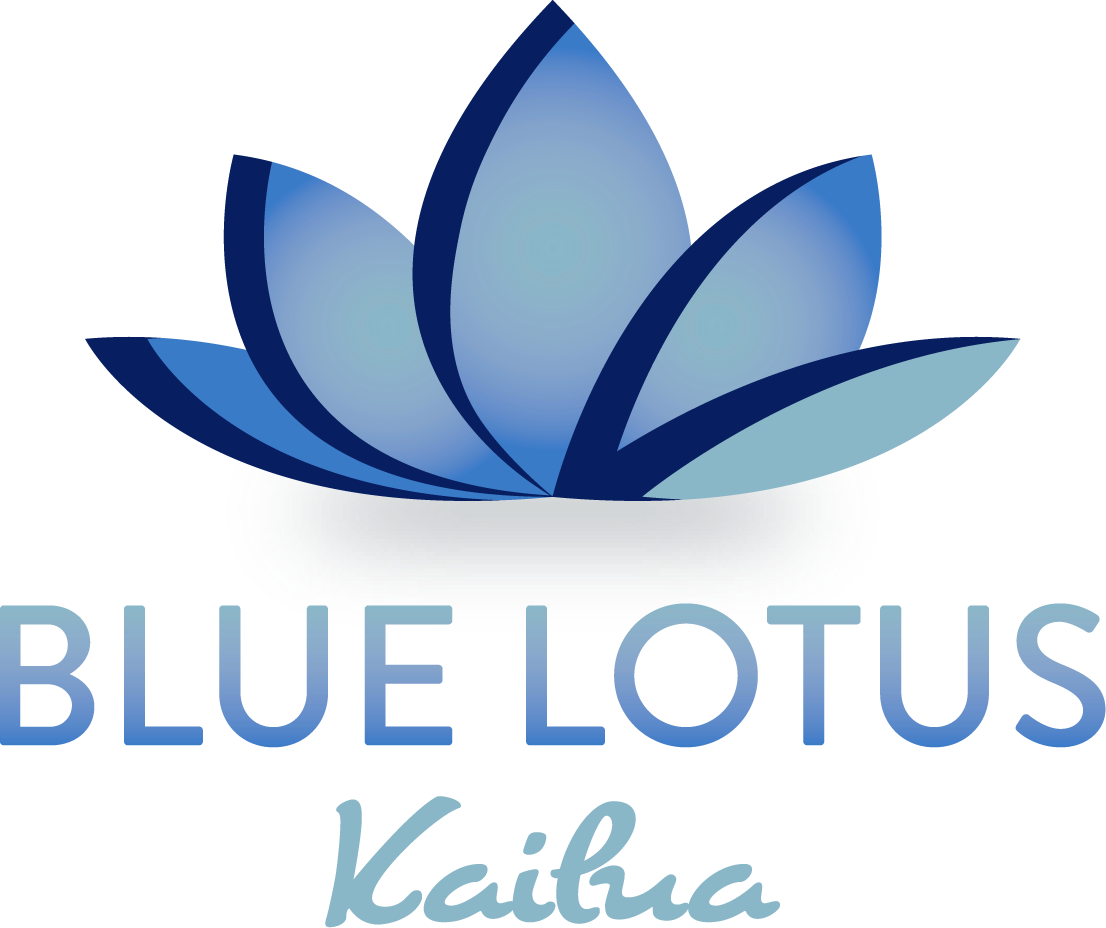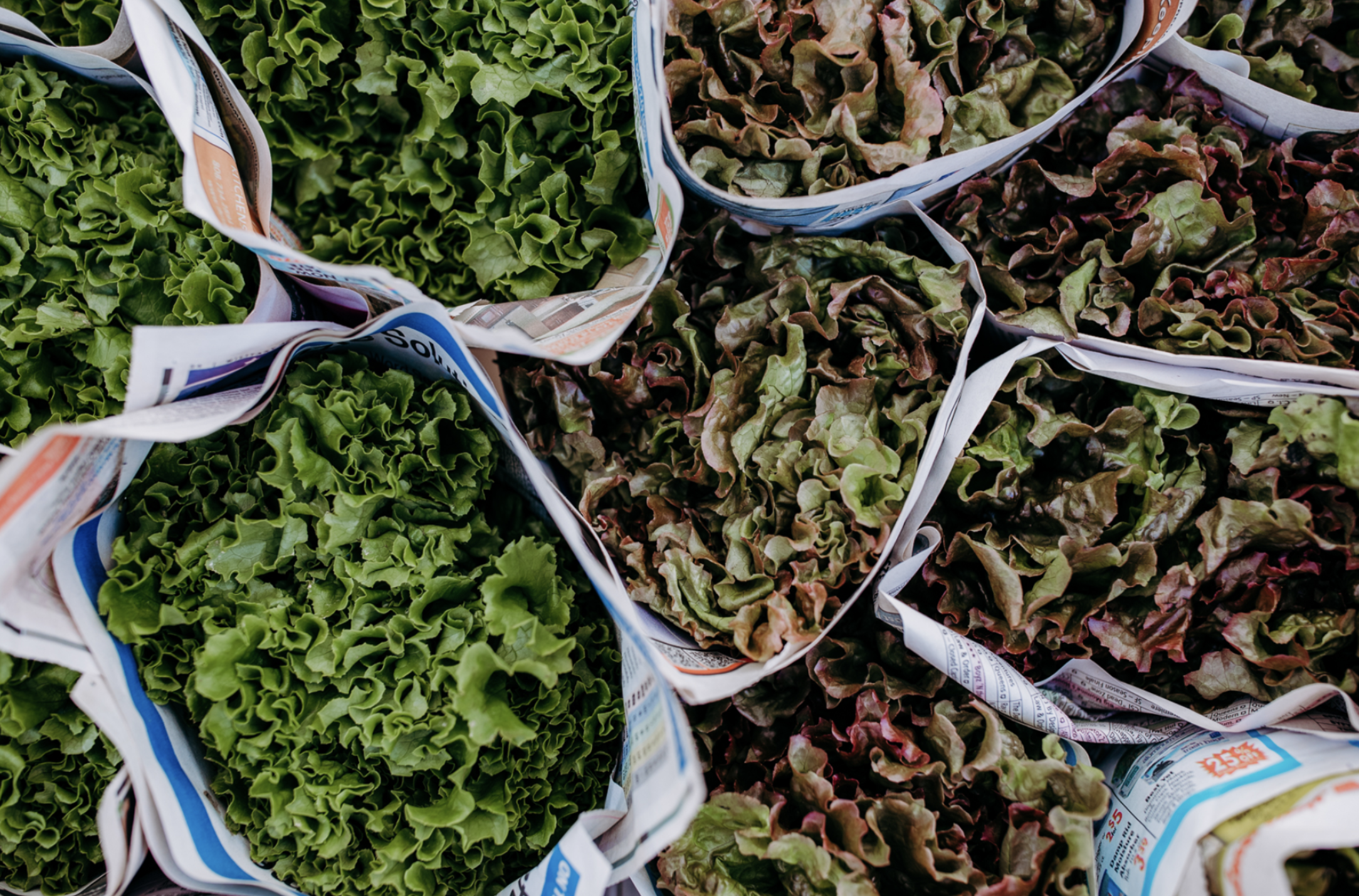“I am not an exceptional person, but I am a grower.” — David Brooks
Aloha friend,
Have you ever walked away from a conversation wondering if you truly connected or missed the mark?
January offers a chance to nurture the well-being and happiness within our reach. As the year unfolds, one thing is clear: social engagement will remain central to our lives. Yet many of us, me included, are unknowingly trapped in social blind spots. Even when we feel confident about our social skills, we may talk too much or too little, pass judgment, or feel anxious about what to say or how to act.
I’m beginning to understand how vital human connections — relationships and meaningful bonds — are to our growth. I’m also realizing how we engage or disengage with others profoundly shapes our personal development and overall well-being. Since we all strive for “the good life”, why not cultivate curiosity about our social skills? Exploring and refining our skills can open the door to deeper connections and richer, more meaningful lives.
Growing up shy and introverted, I often felt socially awkward. I might have seemed fine, but inside I was uncertain. Large groups left me feeling misunderstood, lonely and disconnected. Sometimes, I felt caught in my ego, trying to steer conversations toward myself to prove my worth. Other times, I felt invisible, too anxious to listen or even remember someone’s name.
Fast forward to today. I’ve taken many wrong turns to discover a more confident voice — one still very much a work in progress. The phrase, “I am not an exceptional person; I am a grower” resonates deeply with me. It perfectly encapsulates my journey of continuous learning and growth.
Until recently, I hadn’t given much thought to my social skills. That changed when I read How to Know a Person: The Art of Seeing Others Deeply and Being Deeply Seen by David Brooks. After the elections, I felt a deep sense of confusion and disconnection. Reflecting on the yoga tradition’s teaching of Ahimsa — non-harming — I realized there was more inner work to do.
Brooks’s book felt especially timely. Written to address political polarization and social fragmentation, it calls for deeper human connection, empathy, and understanding across divides. His insights are not just relevant for these times but also offer practical guidance on how to genuinely connect with everyone — from loved ones to strangers in passing.
The book’s main thesis is simple yet profound: building meaningful relationships requires more than casual interactions or surface-level judgments. Brooks emphasizes the importance of paying attention, accompanying others and striving to understand who they truly are.
“Seeing another person well is the hardest of all hard problems. Each person is a fathomless mystery, and you have only an outside view of who they are. If we rely on our untrained ways of encountering others, we will not be seeing each other as deeply as we should. It is disturbingly easy to be ignorant of the person right next to you.” — David Brooks
These words made me pause and reflect on my relationships — my marriage, my children, and my closest friends. Am I asking enough questions? Am I truly paying attention to who they are and who they are becoming?
In a world dominated by digital distractions, the muscle of attention can atrophy if we’re not careful. Cultivating presence and curiosity with others is no different than practicing yoga or meditation — it takes effort, energy and intention. Are you judging, half listening or genuinely listening? Are you receptive or waiting for your turn to speak? Can you offer selfless attention and see the world through another’s eyes?
Flexing this “muscle” is not easy, but the rewards are profound. Shining your attention on someone else is one of the greatest gifts you can give. As St. Francis of Assisi reminds us: “It is in giving that we receive… in understanding that we are understood… and in loving that we are loved.”
Our nervous systems are wired for connections for belonging and community. Yet I often feel that in this screen-centric culture, our sense of connection can feel superficial and lacking in meaningful, face-to-face interactions.
“On social media, you can have the illusion of social contact without having to perform the gestures that actually build trust, care, and affection. Stimulation replaces intimacy. There is judgment everywhere and understanding nowhere.” — David Brooks
Authentic human connection requires A LOT! Being fully present, especially when you don’t agree or want to, is HARD. It means listening without distraction, not crafting clever responses or waiting to interrupt. When you give this kind of attention, the other person feels truly seen —trust is formed and bonds are made.
How often do you experience exchanges like this? Isn’t it the most affirming feeling when someone is fully present with you, sees you, and believes in you? Imagine what the world could look like if we all approached one another with more interest and openness.
Welcome 2025! The rewards of “intentional presence” are undeniable. We create space for deeper intimacy and understanding by setting aside our worries and mental chatter. We start to notice the hidden depth in others, realizing that everyone has a story and a desire to be seen. In fostering these connections, we build trust, enrich our relationships, and add beauty to the shared human experience.
May we meet each other with open hearts and curious minds... this New Year--
written by: Jennifer Reuter


